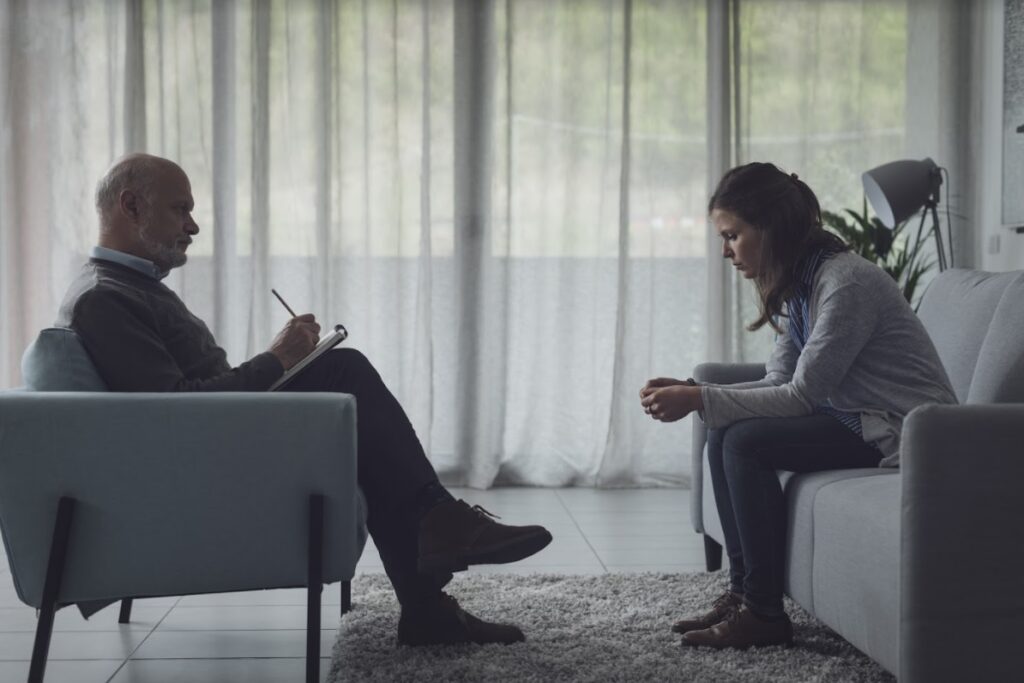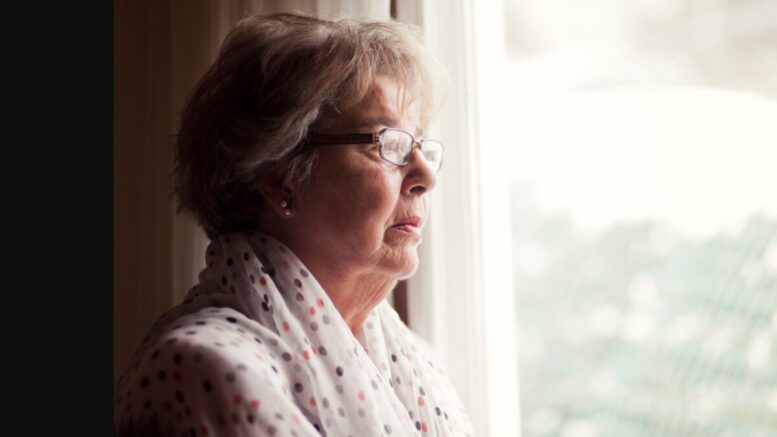It’s been a year since COVID-19 took the world by storm. Although many countries are easing lockdown restrictions and slowly opening up their economy, countless individuals are still reeling from the deeper scars brought about by the distressing and seemingly endless days of the pandemic. For individuals struggling with depression and anxiety, or those merely carrying the emotional trauma associated with adapting to the “new normal” – we understand it can be challenging.
In this article, we share some helpful strategies for coping with depression and staying on top of your mental health. Let’s delve in.
1. Get Moving
Keep your mind off of triggering stressors by shifting your focus onto fun activities and new hobbies. Movement and exercise help to increase motivation and boost your mood by decreasing stress and anxiety. Changing your environment, by getting out of your home, can also help provide a break from triggers in your space.
All exercises can be scaled to allow for some type of movement. Go for a walk, dance, workout
using a virtual class, rollerblade, or a bike ride. Challenging yourself to stand up and engage in short 5-minute timed movements is a great start.
Due to the pandemic, businesses have adapted to bring necessities and really anything, straight to your door. Skip this option if you are able! Mask up and run errands to get moving.

2. Engage in Meaningful Connection
We are finding it more and more difficult to connect meaningfully with our loved ones, and this connection is crucial to our well-being. Find different means of connecting virtually; phone calls, FaceTime, Zoom, and Google Meet are some platforms available.
Don’t just talk! Play a game, watch a movie, cook or bake with someone, or share a meal. There are several companies running game nights, and you can create one on your own by playing dice, trivia, and online games. As the weather warms up, consider picnics, walks, and outdoor activities with friends and family. Not only will this provide a healthy distraction, but it will also allow for social connection with the ones you love.
3. Schedule Your Time
Limit boredom and avoid triggers by scheduling activities throughout your day. Building structure with both pleasurable and productive activities will help bring balance to your day. Try and find new hobbies that you wouldn’t have before. The pandemic has given us access to several virtual classes teaching everything from crafting to dance. Then, shut down screens and pick up a book or engage creatively. A new hobby can bring welcomed time away from technology and allow you to focus on activities that can bring joy.
Sleep is also important to schedule, even if you have the flexibility to sleep in. Set an alarm to remind yourself to start winding down at night. Try to avoid screens, late-night eating, caffeine, and napping during the day to help get the best sleep possible. Set an alarm to help wake at the same time every morning to start your day with structure.

4. Be Mindful
Mindfulness is the act of being fully present by focusing on what you are sensing and feeling in the moment. This can be done in several ways by focusing on our breath, taking a mindful walk, or using virtual applications to engage in guided mindfulness exercises. Simply taking the time to check in with yourself and identify how you are feeling in a moment can make a huge impact on your day.
Some notable mindfulness applications that have free options are:
- Insight Timer
- Smiling Mind
- MyLife Meditation
- UCLA Mindful
- Healthy Minds Program
Talk to your current provider about other options for mindfulness practices.
5. Seek Out Mental Healthcare or Continue with Current Providers
Reach out for mental health support! As you take care of your physical health, you must also care for your mental health. Most providers accept insurance, and some will allow for a sliding scale based on your income. A quick Google search and you could have a safe space to process the emotional impact of stressors.
If you have providers already, do not skip appointments and ask for additional help if needed. You could add a weekly group and even explore program options that meet daily if you need constant interaction. There are a lot of mental health resources outside of once-weekly treatment. If you don’t know where to start, talk to your current providers or reach out to your insurance.

Mental Health Treatment for Depression During COVID-19
If you are concerned about COVID-19 exposure, there are now virtual treatment options available that provide mental health treatment access online.
Many providers have rolled out entirely virtual applications for Partial Hospitalization and Intensive Outpatient Programs (PHP/IOP). This includes group therapy or family therapy sessions.
Talk to your health care provider to learn more about virtual mental health services or have questions regarding other strategies for coping with depression.
